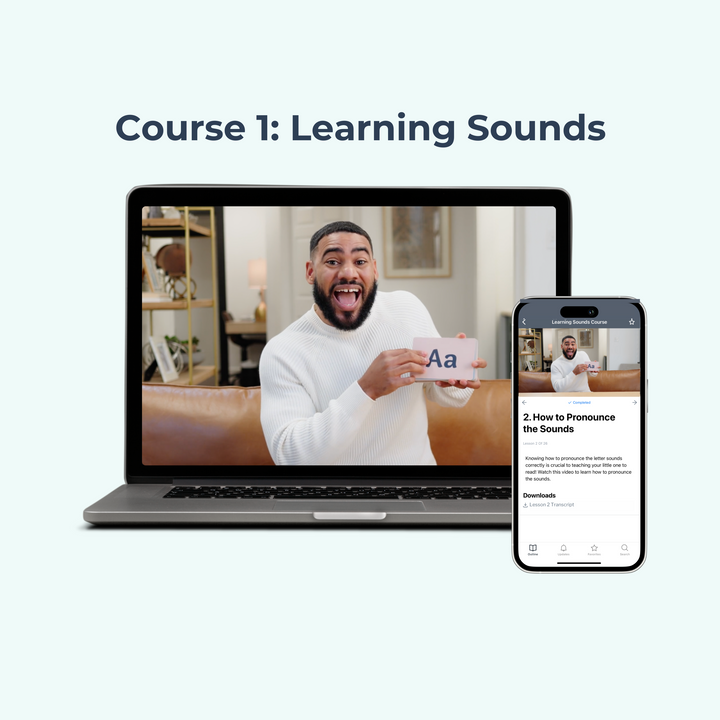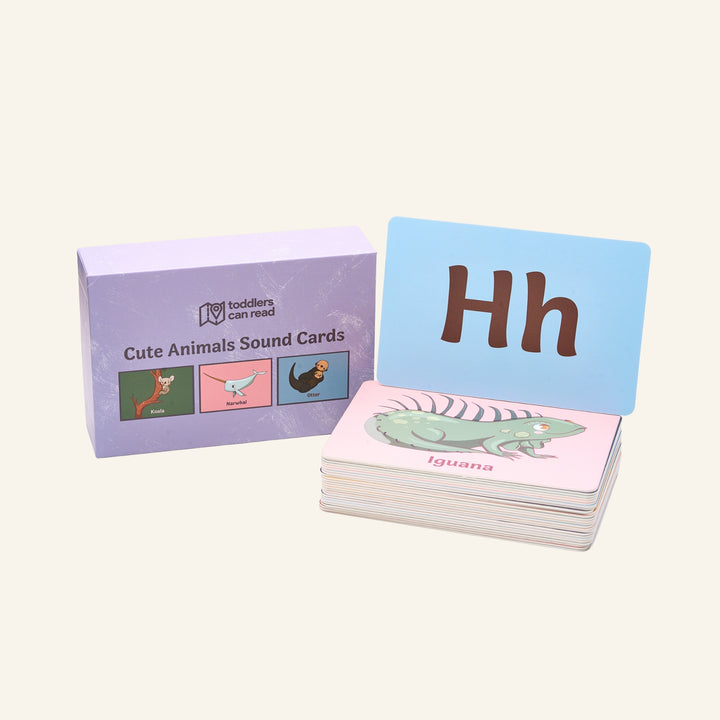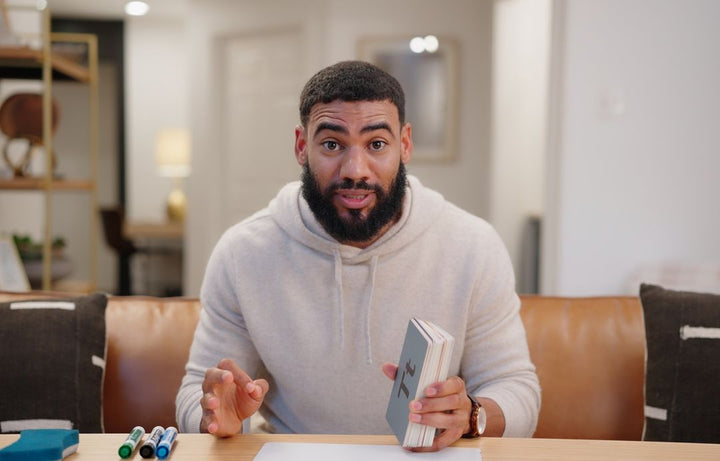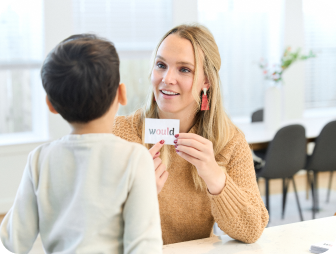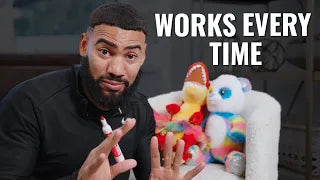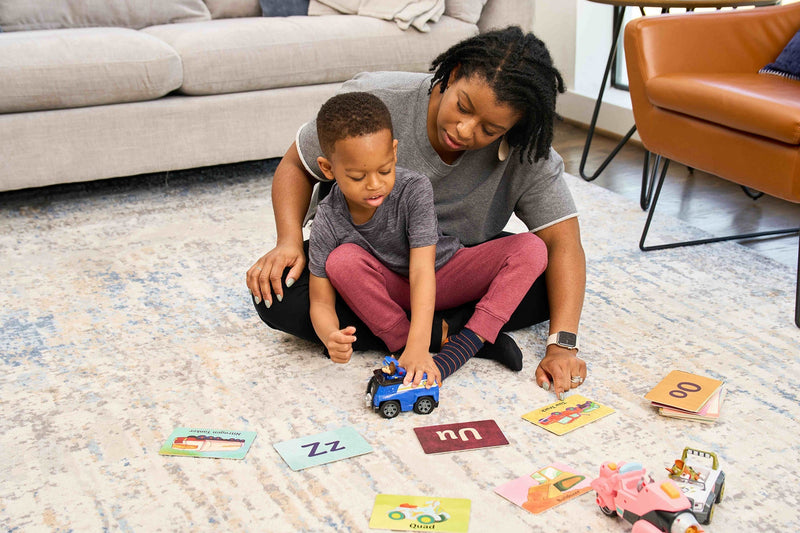Anyone who's spent time on my website, blog, or social channels has probably noticed I have some strong (research-backed!) opinions about teaching little kids to read.
Recently, I shared some particularly candid thoughts on the Melissa and Lori Love Literacy podcast, and I wanted to hone in a couple of those thoughts here.
When adults argue, kids lose.
I'll start with something you've heard me say quite often: The way we've been teaching kids to read is overly complicated and ineffective.
If you're an educator who sees that reality in your own classroom—and who recognizes our country's dismal reading scores—you may feel a nearly desperate tug to make changes to your teaching strategy. As a former kindergarten and first grade teacher, I know that feeling well.
Unfortunately, doing better too often seems easier thought about than done.
When we try to talk with other teachers about reading education, some shrug their shoulders: "We're doing the best we can." Others bristle; they know how contentious the "how to teach reading" argument is, and they're not about to step into that mess.
And it's true: We know how children learn to read. But many reading experts continue to lock intellectual horns about the best approach to teaching reading. People call it "the reading wars" for a reason. It's ugly out there, and there are grave consequences.
Despite all the knowledge we've gained over decades of research on the science of reading, arguments among experts have flat-lined our literacy rates. And not in a good healthy spot.


To be clear, it's not the reading research that's preventing more kids from learning how to read. It's the grown-ups fighting about how to use that knowledge.
Here's what educators have to recognize if we're going to make any progress going forward: Despite evidence to the contrary, we're all on the same team. We're all teaching kids a skill that will serve them for the rest of their lives. And we need to start acting like it.
If we want to help more kids learn how to read, educators have to stop fighting and start collaborating.
3 Ways to Better Collaborate for the Benefit of Early Literacy
#1 Stay humble.Armed with book-knowledge, we can start feeling superior to other folks. We've actively sought out research that supports better reading instruction, after all. So our posture can too often say, "Look how much I know! You're doing it wrong!"
But how we implement that research is what matters most. It's called "best practices," not "best information." And the most effective way to discover what practices actually move the needle toward better outcomes for struggling readers is to learn not just from research, but from each other.
Humble curiosity is the foundation to true collaboration. That can sound like:
- I noticed you do X in your classroom. Can you tell me more about that?
- I've been having X, Y, Z problems. How do you work through that in your own classroom?
- I approach X skills this way. How do you do those things?
- You're doing such a great job with X. I've recently stumbled on something that helps with Y. Can I share it with you? Maybe it'll work for your kids, too.
Maintaining humility also builds mutual respect and trust between colleagues. As we build these collaborative relationships, we simultaneously create a larger supportive network for our students.
#2 Remain kid-focused. On all kids.I'll be the first to admit I was an arrogant teacher. I felt the pressure to be the best educator in any room. I wanted to see my students excel—emphasis on my students.
I was singularly focused on my own classroom and didn't collaborate with the six other teachers in my grade level. But I wish I would've adopted an approach that was about the kids in all seven classrooms, not just about me being the best at teaching my students in my classroom. Because when adults work together for the benefit of all kids, the kids win.
Returning to our true intentions as educators—to support all kids in learning and gaining valuable reading skills regardless of their place in our own classrooms—is essential to educator collaboration. And ultimately to the success of children across the education system.
#3 Involve your students' parents.Parents are a part of the education system, too. They're vital to teaching and coaching their children through early reading and beyond.
Now, remember: I've been in a classroom and sat across from parents at conferences. I can guess what you're thinking:
But parents won't want to make the time to help their kids.
But if I ask parents for help, they'll think I'm not good at my job.
But "those parents" don't care enough to support their kids.
I get it. But also, for the benefit of our students, we have to push past these fears, assumptions, and, in some cases, biases.
Parents have to be a part of this collaborative conversation. They know their children best. They have more of an opportunity for one-on-one time with their kids than teachers do. Teaming up our strategies with parents' relationships with their kids is necessary to fully supporting early readers.
Collaboration moves us forward.
Educators in this literacy battle: We have to stop fighting each other and redirect our attention toward actual solutions. Through humility, a focus on kids, and involving parents in the process, we can make a difference. And kids will win.
